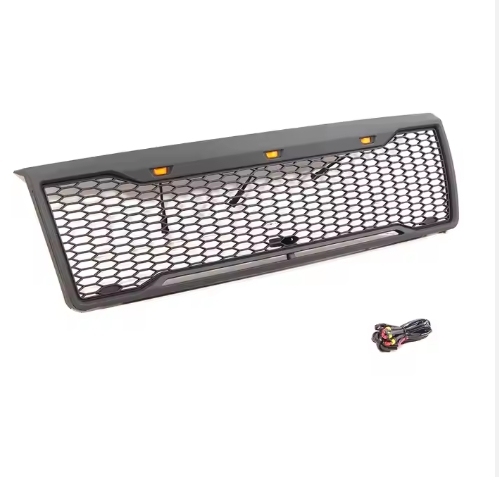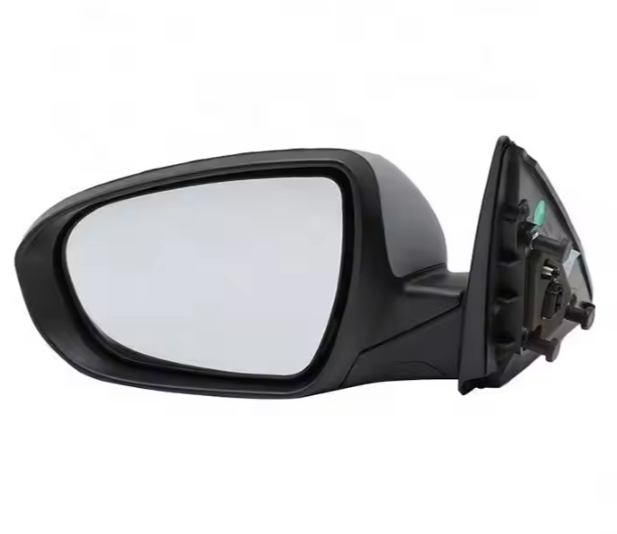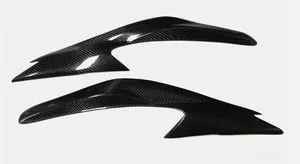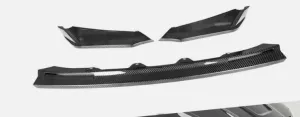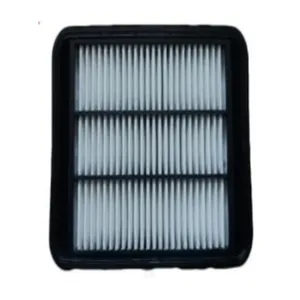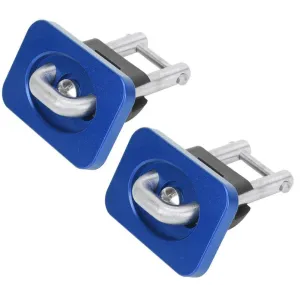Boost localisation of automotive parts, reduce dependency on imports, says Amitabh Kant
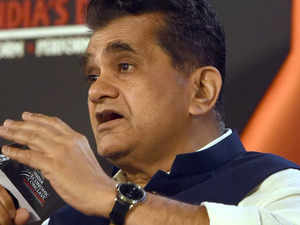
“We should not become a major importing nation in the electric vehicle components like we have done in the case of solar,” Kant said.
The Indian automobile and components industry must eliminate its import dependence on China for a host of automotive parts and must focus on localisation of such items, Niti Aayog CEO Amitabh Kant said on Thursday.
Speaking at the 61st Annual Session of Automotive Component Manufacturers Association of India (ACMA), he said electric four-wheelers will also be considered for incentives under the FAME II scheme, once there is 100 per cent saturation of electric buses in the nine cities selected under the programme.
“A wide array of disruptions, such as global supply chain rebalancing, government incentives to increase exports and technology disruptions are creating opportunities at all levels of the automotive value chain. These must be seen as opportunities. It is very important that industry participants see a clear highway and it is time for the industry to drive the machine at full throttle,” Kant said.
Asserting that the approach to Make in India is very clear, he said localisation has to be boosted. “… Reduce dependency on imports, and I would like to say imports from China,” he said.
Asking the automotive industry to focus on “low hanging fruits that could be localised in a short period”, he said, the localising of mechanical parts, such as forged and machined components and lightweight polymer-based parts is critical.
“It is also important that certain automatic components, which are being imported from China purely on the back of cost competitiveness and development capabilities, need to be manufactured here,” he noted.
Kant also told the industry that certain parts that are required to meet BS-VI emission regulations such as electronic fuel injection systems and catalytic converters which are sourced from China “will need to see increased localisation over the next two quarters”.
“Therefore, it is necessary that import dependence from China for electronics and electrical parts, semiconductor-based components, tooling and moulds and raw materials such as magnets, used in electronic and electric motors, should not merely be minimised but be eliminated,” he asserted.
Stating that transition to electric vehicles (EVs) is inevitable, he said it is imperative for the nation to indigenise the manufacturing of electric vehicles and its components in alignment with Make in India, and promote mass adoption of EVs in the domestic market.
“We should not become a major importing nation in the electric vehicle components like we have done in the case of solar,” Kant said.
He further said, “recently in order to further fuel the demand and catapult the proliferation of EVs in the domestic market, we restrategised FAME II with the objective to reduce the upfront cost of two-wheelers, three-wheelers and electric buses.”
The revised FAME II scheme offers increased upfront incentives for electric two-wheelers, while an aggregation model for three-wheelers and electric buses in nine cities has been adopted.
“In our view for both two-wheelers and three-wheelers the initial cost of electric vehicles is now cheaper, almost at par with combustion vehicles, and these nine cities that we have selected as ‘Light House cities’ will ensure that 100 per cent saturation of electric buses takes place. We will thereafter move towards four-wheelers, and we will ensure that the electric component moves fast and quickly in the four-wheeler segment also,” Kant said.
He asserted that India should be the global leader in the electric version of traditional micro mobility segments from day one and should capture the global market.
“For PVs (passenger vehicles) such as cars and SUVs, and the light CVs (commercial vehicles) Indian players can win by following the frugal design requirements, essential for emerging markets,” Kant added.
Stating that industry disruptions also create a huge opportunity for automotive suppliers to “double down on creating a strong position in the global EV supply chain”, he said it will help suppliers gain additional revenues.
“A move into EV will also help suppliers persify their portfolios or reduce risk related to market demand,” Kant said.
Recommended Suppliers
 April 1, 2024
April 1, 2024  March 27, 2024
March 27, 2024 
 March 27, 2024
March 27, 2024 
